 Tight state budgets and jammed roadways this year are prompting some U.S. state governments to make one of the most politically unpopular moves imaginable: raising gasoline taxes.
Tight state budgets and jammed roadways this year are prompting some U.S. state governments to make one of the most politically unpopular moves imaginable: raising gasoline taxes.
Because they hit everyone, gas taxes are widely disliked and rarely increased. But after decades of underinvestment in roads, bridges and public transport, states face heavy infrastructure costs and lack the money to handle them.
Wyoming was the first to make the leap this year, raising its tax to 24 cents per gallon from 14 cents on Feb. 15. It was the first increase in the state’s gasoline tax in 15 years.
Governors in Michigan, Pennsylvania, Maryland and Vermont have proposed raising fuel taxes, and the New Hampshire legislature will hold a hearing on Thursday on a bill that would phase in a 15-cent-per-gallon increase.
Critics say that with gas prices already high and the economy sputtering, this is the wrong moment to hit working Americans at the pump. But proponents say such taxes are needed to keep a car-dependent economy rolling smoothly.
The United States will face an $846 billion shortfall in funding for road and surface upkeep by 2020, according to the American Society of Civil Engineers.
“It’s understandable that drivers don’t want to see gas prices go any higher, but they also don’t want to see congestion and road conditions get any worse,” said Carl Davis, an expert on state taxation at the liberal-leaning Institute on Taxation and Economic Policy.
Although the price of gas has risen in recent years, more fuel-efficient cars have cut the number of gallons purchased. Gas tax receipts, generally charged per gallon, have dropped.
SUPPORTERS IN WYOMING
States have tried other ways to drum up revenue without raising gas taxes. In 2009, New Hampshire’s highway fund sold a 1.6-mile stretch of a major freeway to the state’s turnpike fund, shifting $120 million into the road maintenance budget.
For years, Wyoming was flush with mining money and used its general fund to pay for road upkeep. Once the recession shrank that fund, maintenance money dried up.
To fill the void, truckers, farmers and other businesses in the Republican-dominated state lent support to this year’s gas tax increase.
Recognizing the state’s $109-million annual roadway maintenance shortfall and that Wyoming’s gas tax was lower than neighboring states’, generally anti-tax groups like the Wyoming Taxpayers Association also got behind the 10-cent increase. It is set to take effect in July and raise $47.4 million for highway work.
MARYLAND PILE UP?
In Maryland, the governor and fellow Democratic legislators have a plan that would raise prices at the pump by taxing wholesale fuel sales and indexing the gas tax to inflation.
Governor Martin O’Malley said the move would generate $800 million a year in transportation funding. Without it, the state’s highway budget for new construction will drop to zero in 2017, he said.
Although the gas tax has not increased in Maryland since 1992, generating public support for the plan will be a challenge. Republicans plan to oppose it, said Maryland Republican Party Executive Director David Ferguson.
Ninety-four percent of Marylanders polled in January by Gonzalez Research said it was important to maintain and improve transportation, but 73 percent were against increasing the gas tax.
Among those opposed is Tanisha Asamu, a mother of four who commutes 40 minutes to and from her job as a school secretary in East Baltimore.
“If people don’t have money for gas,” she said, “it doesn’t matter how good the road is.”
(Reuters)

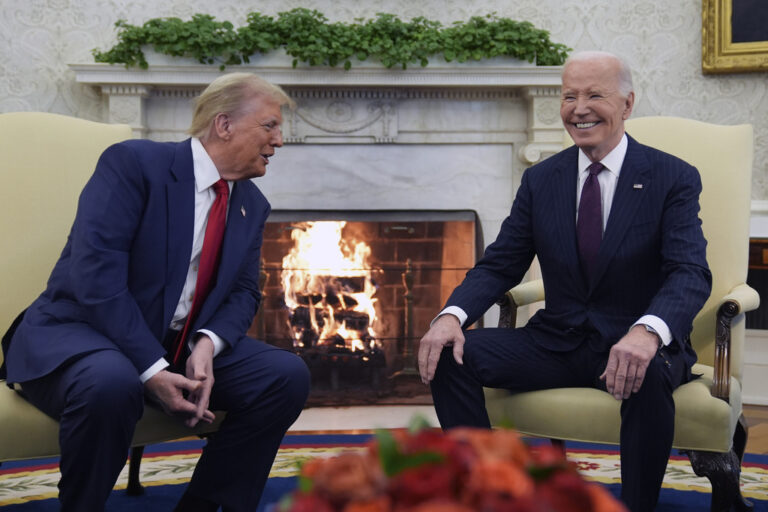




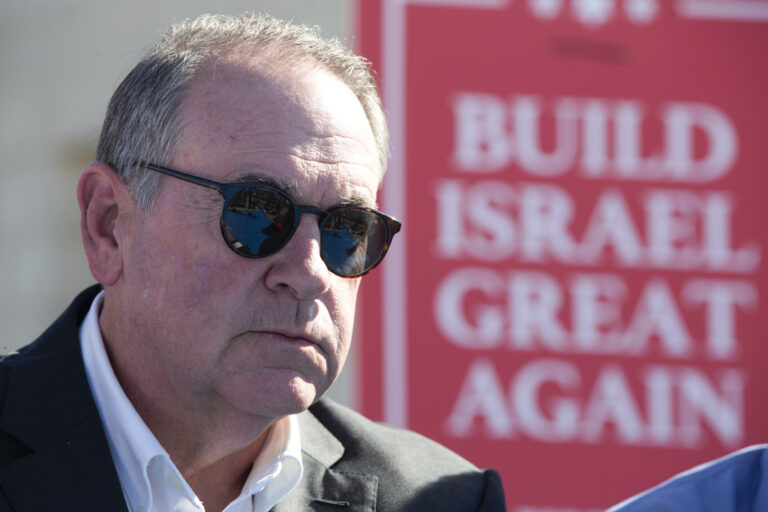

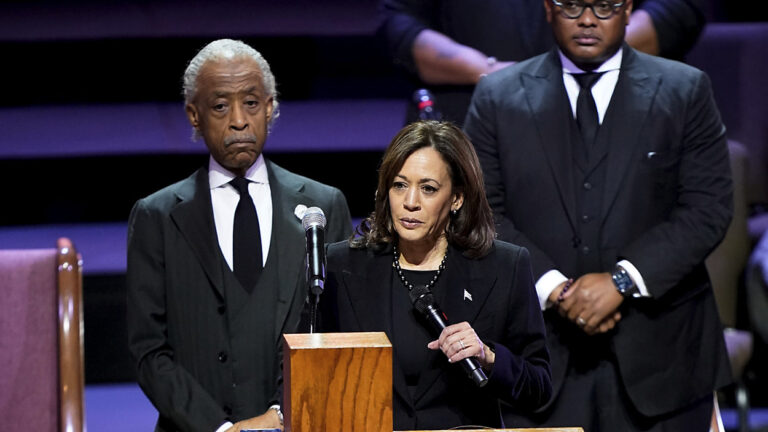
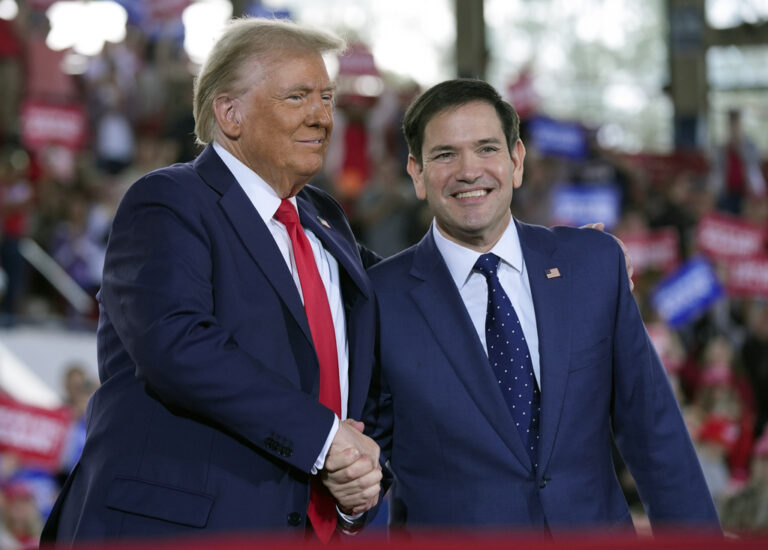
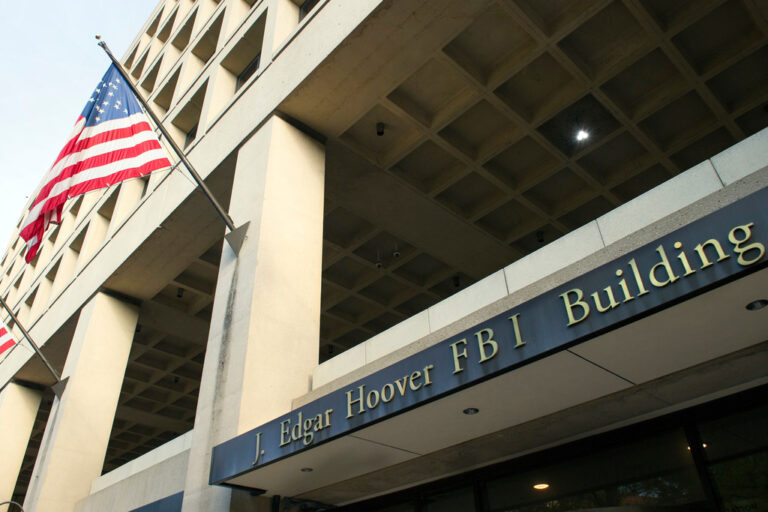
2 Responses
this is the biggest ripoff. the federal government during the first bush administration raised them then for this purpose. it looks like they took the money for something else.
make em accountable for a cop”change”